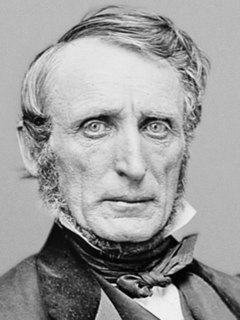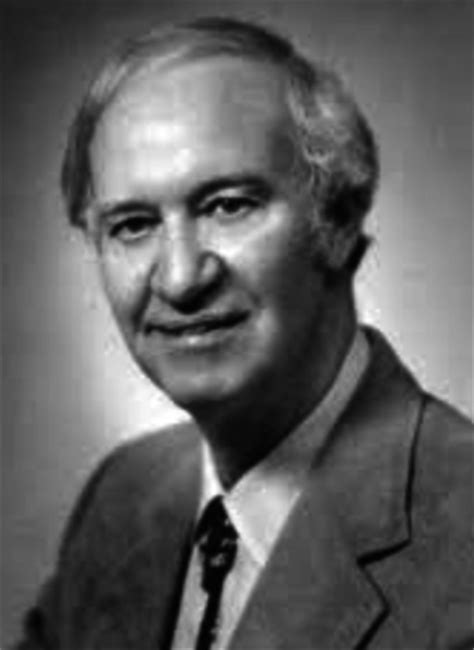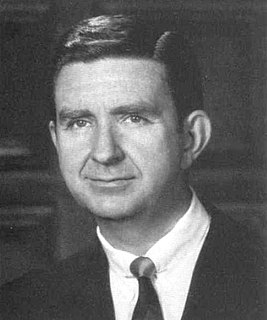A Quote by Aristotle
The pleasures arising from thinking and learning will make us think and learn all the more. 1153a 23
Related Quotes
What you learn is often determined by what you need to know. If you think you're weak, you will learn that you are strong. If you think you are indestructible, you will learn that you are fragile.
In the end though, you will learn that you are human. You are no more and no less than all those who are learning their lessons as you learn yours.
We will learn no matter what! Learning is as natural as rest or play. With or without books, inspiring trainers or classrooms, we will manage to learn. Educators can, however, make a difference in what people learn and how well they learn it. If we know why we are learning and if the reason fits our needs as we perceive them, we will learn quickly and deeply.
It will be good for us in the long run, and I mean there are six and a half billion people in this world. And it's great for 300 million to keep enjoying more and more property, but I think it's terrific if the remainder do. And I think if they can learn something from us in terms of our system, and I think they have, they are learning more about how to unleash the potential of their citizenry to turn out more goods and services that their citizens want or that we want, I think that's terrific.
We are learning all the time - about the world and about ourselves. We learn without knowing that we are learning and we learn without effort every moment of the day. We learn what is interesting to us... and we learn from what makes sense to us, because there is nothing to learn from what confuses us except that it is confusing.
Formal education will make you a living; self-education will make you a fortune. A successful business owner never stops learning. They educate themselves on the things they need to learn, and they never stop growing. They never arrive at a certain point and think, ahhh... now I don't need to learn anymore.
Many of us grow up thinking of mistakes as bad, viewing errors as evidence of fundamental incapacity. This negative thinking pattern can create a self-fulfilling prophecy, which undermines the learning process. To maximize our learning it is essential to ask: "How can we get the most from every mistake we make?"
The paradox of the human condition is expressed more in education than elsewhere in human culture, because learning to learn has been and continues to be Homo Sapiens' most formidable evolutionary task... It must also be clear that we will never quite learn how to learn, for since Homo Sapiens is self-changing, and since the more culture changes the faster it changes, man's methods and rate of learning will never quite keep pace with his need to learn.
I once heard that Quentin Tarantino, who I obviously love and think is a genius, says that there's no such thing as guilty pleasure, there's only pleasures. And I do love that idea, because I do think that there's a pretentiousness when people make a list of their favorite things. I like to live a life where I don't think of my pleasures as guilty pleasures.
Learning is not automatic. You do not automatically know how to read because you turn five. Most of us are sensitive to the fact that we still have something to learn at every step of the way. Learning is not automatic. It comes with seeking and searching, with reading and watching, with thinking, praying, and listening.
The true lover of learning then must his earliest youth, as far as in him lies, desire all truth.... He whose desires are drawn toward knowledge in every form will be absorbed in the pleasures of the soul, and will hardly feel bodily pleasures I mean, if he be a true philosopher and not a sham one ... Then how can he who has the magnificence of mind and is the spectator of all times and all existence, think much of human life He cannot. Or can such a one account death fearful No indeed.
We will never have total control over this extraordinary dimension. Time will warp and confuse and baffle and entertain however much we learn about its capacities. But the more we learn, the more we can shape it to our will and destiny. We can slow it down or speed it up. We can hold on to the past more securely and predict the future more accurately. Mental time-travel is one of the greatest gifts of the mind. It makes us human, and it makes us special.
Knowledge and productivity are like compound interest. The more you know, the more you learn; the more you learn, the more you can do; the more you can do, the more the opportunity. I don`t want to give you a rate, but it is a very high rate. Given two people with exactly the same ability, the one person who manages day in and day out to get in one more hour of thinking will be tremendously more productive over a lifetime.









































